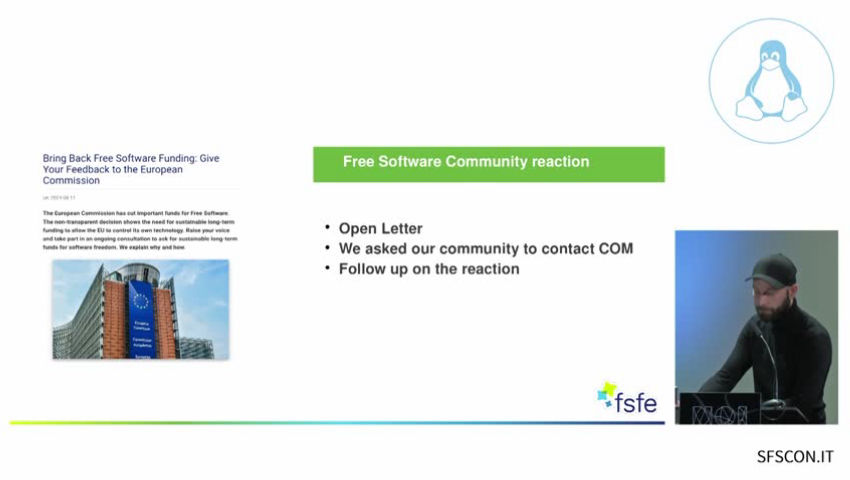

Haha, witzig. Als ob wir hier die mit den Netzsperren wären… Ich sag mal TikTok, Pornhub, Altersverifikation… Und für Meinungsäußerung im echten Leben wird man bei denen ja auch eher als Terrorist eingestuft, gefesselt und dann mit 'ner Ladung Pfefferspray in die Augen abgefertigt?!










Ja mutmaßlich hat er sich ja zurückgezogen nachdem Putin die Ukraine überfallen hat, er eine ukrainische Frau hat. Und sein ganzes Narrativ vor seinem Publikum so nicht mehr aufrechtzuerhalten war. Ich glaub am Antisemitismus liegt’s nicht. Davon hat er bestimmt noch 'ne ganze Menge übrig?
(Und die Embryos werden übrigens zum Beispiel in die Gewürzmischung von Lay’s Chips gemischt, falls jemand das wissen wollte.)